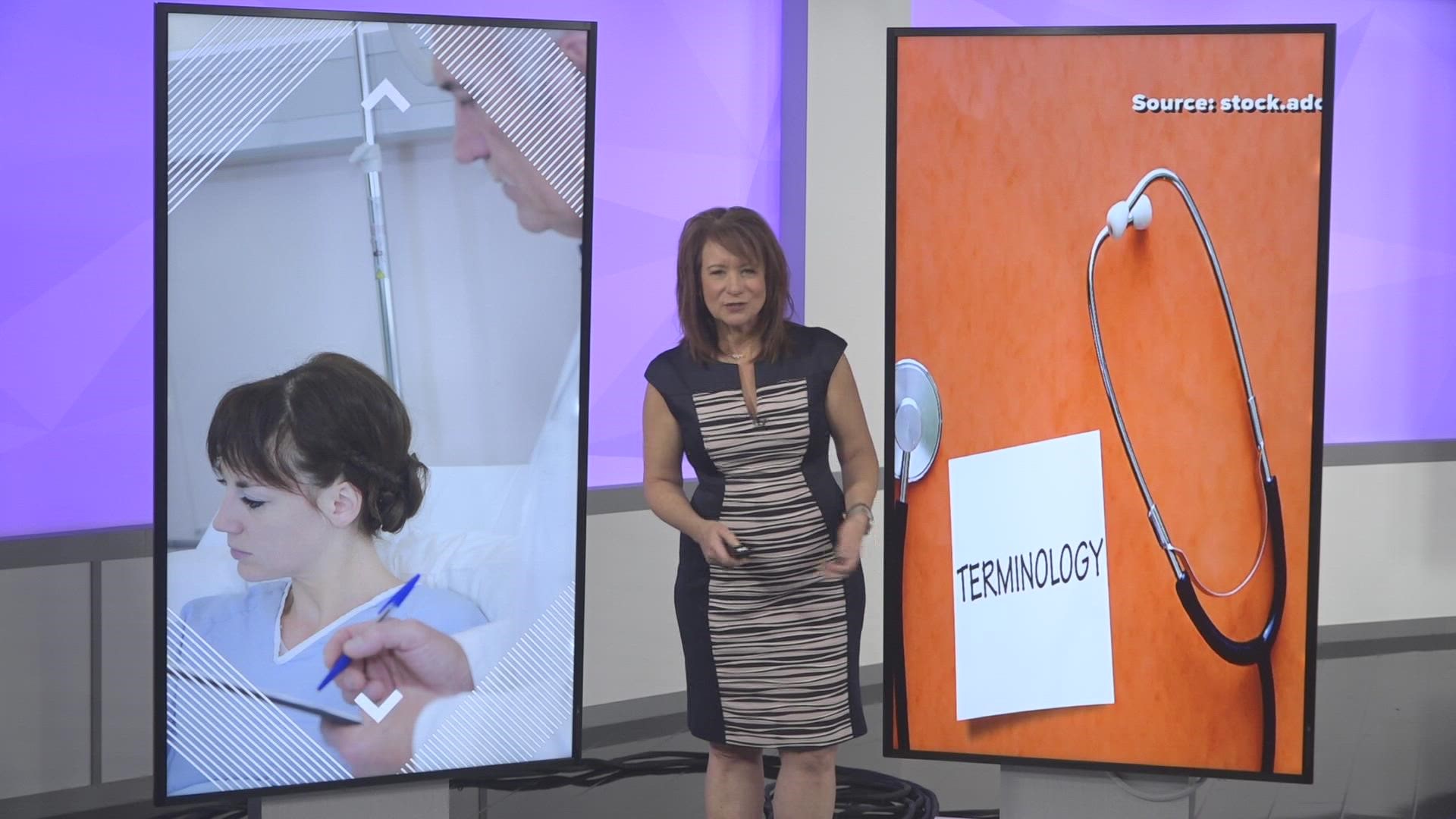GREENSBORO, N.C. — While we're all familiar with hospitals in general, we don't use the same terminology. Nurses and doctors speak a different language, so don't be afraid to ask questions.
“You should go over it in your own words, repeat it back to them, and make sure you have it right,” said Caitlin Donovan, of the National Patient Advocate Foundation.
A lot of times, we feel like the doctor or nurse is in charge, and we don’t have a say in our care, but Donovan says, the patient or caregiver is just as important in the care decisions.
“You're an expert in your own body and if you're a caregiver you're an expert in the day-to-day of that person, and if you don't understand what's going on, you can't get to better any faster,” said Donovan.
According to Consumer Reports, the average hospital patient gets 10 different drugs. They may look alike, sound alike, and come around the clock.
You need to keep a running list of what meds were given and when. If something doesn't seem right, or if something else is needed, you need to say something.
“You want to toe that line between being a bully and being too nice. I think most of us have a tendency to go with too nice and we hope if they like us enough, they'll know what we're thinking and do it for us. But being firm and saying what you want, because people don't read minds, this will go a long way,” said Donovan.
I was just in this situation two weeks ago. What I learned, if you don't think you're getting the care that is needed, you need to speak up and you need to know who to speak up to.
The nurse in the room isn’t going to change things, but you need to get to someone in charge and don't wait. You can do this by Direct Messaging hospital administration on social platforms, by talking to the floor supervisor or nurse in charge, but find someone.
Consumer Reports put together a hospital survival guide with information on what to do before a stay while you're there and at discharge.

